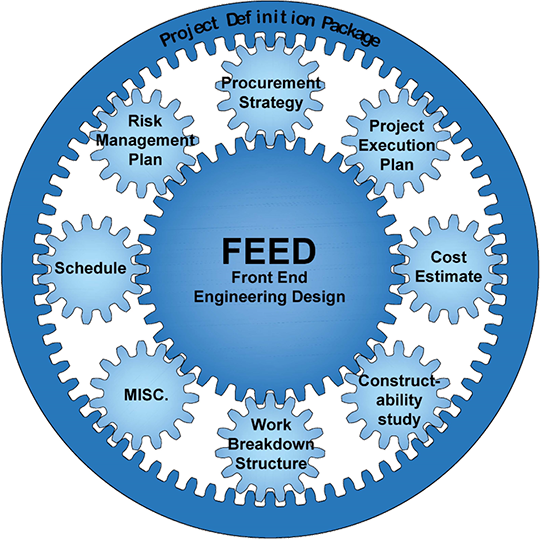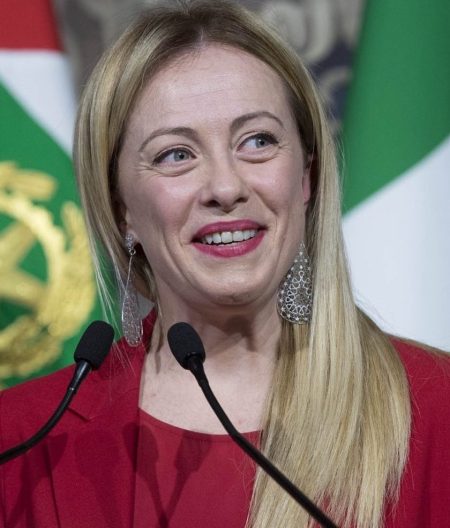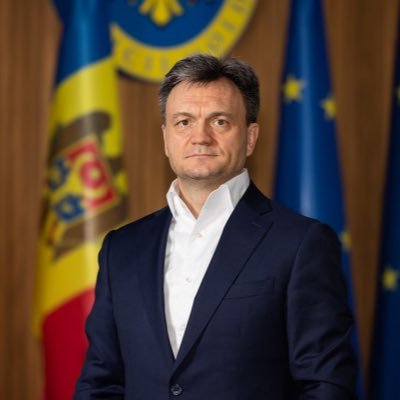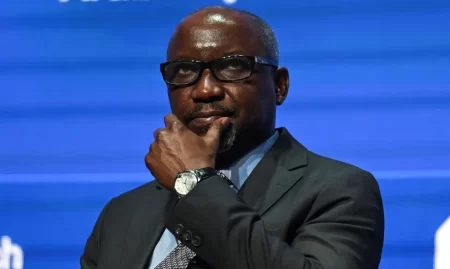
Ike Amos
11 July 2018, Sweetcrude, Abuja — The Nigeria Liquefied Natural Gas Limited (NLNG), Wednesday, said it has awarded the contracts for Front End Engineering Design (FEED) of its proposed Train 7 to two consortia, B7 JV Consortium and SCD JV Consortium.
The NLNG in a statement said the B7 JV Consortium comprises American company KBR Incorporated, Technip of France and Japan Gas Corporation (JGC); while the SCDJV Consortium, consists of Saipem of Italy, Japan’s Chiyoda and Daewoo of South Korea.
It noted that the consortia would participate in the Dual FEED Process and produce a Basic Design Engineering Package (BDEP) that would determine their EPC pricing, and eventually their bids to construct the train.
The NLNG explained that with planned expansion and award of the FEED contract, it was inching closer to realising its expansion goals of increasing liquefied natural gas production output from 22 Million Tonnes Per Annum (MTPA) to 30 MTPA.
According to the company, a completed FEED process would pave way for Engineering, Procurement, and Construction (EPC) pricing and bidding processes which are preconditions for Final Investment Decision (FID).
Speaking on the Dual FEED strategy, at the contract-signing ceremony in London, Managing Director and Chief Executive Officer of NLNG, Tony Attah, said, “The Front End Engineering Design is the most crucial part in the build-up to the actualisation of Train 7, after some delay and lost opportunities to reinforce Nigeria’s position prominently on the global energy map. Today’s event goes to show that Train 7 is alive.
“Typically, FEED takes about 9-12 months but we have explored another strategy for this project by adopting the Dual FEED Process which awards this crucial part of the Train 7 project to two prospective engineering consortia, instead of one contractor. What this does for us is give us a degree of freedom to start FEED and sometime after, EPC Bidding, with both activities overlapping. We remain committed to taking FID as soon as these processes are complete.
“The history of the LNG industry in Nigeria is chequered. After about 30 years of trying to get an LNG project going, in 1989 NLNG was incorporated and one FID after the other, 6 trains were built in quick succession, making us the fastest growing LNG company in the world at the time. But we lost steam just after 2007, while the rest of the world went past us with the development of their gas resources and the gain of greater market share. We started our LNG industry 24 months after Qatar, but Qatargas has attained a production capacity of 77 MTPA with an additional target of 30% LNG production in the immediate future. I believe it is time to reset the narrative. It is time for gas revolution in Nigeria.
“So, 30 years after the incorporation of NLNG, and 20 years after we exported our first LNG cargo, we are looking to the future and that future for us is Train 7. Activities are lining up for this project. With the continued support of the Federal Government of Nigeria and the Shareholders towards this future, the odds are clearly in our favour.”
Also speaking, Chairman, NLNG Board of Directors, Dr. Osobonye LongJohn, said the FEED contracts signing ceremony was a visible start to the actualisation of the Board’s vision for Train 7, adding that NLNG was committed to its vision to help build a better Nigeria through unleashing Nigeria’s gas potentials.
He stated that the process of unleashing needed a monumental event such as Train 7 to trigger further development in the gas sector.
Speaking in the same vein, Deputy Managing Director of the NLNG, Sadeeq Mai-Bornu, commended the Federal Government and shareholders for the support towards achieving the Train 7 dream.
He reiterated NLNG’s commitment to its expansion goals and being in the top quartile of LNG suppliers in the world.



